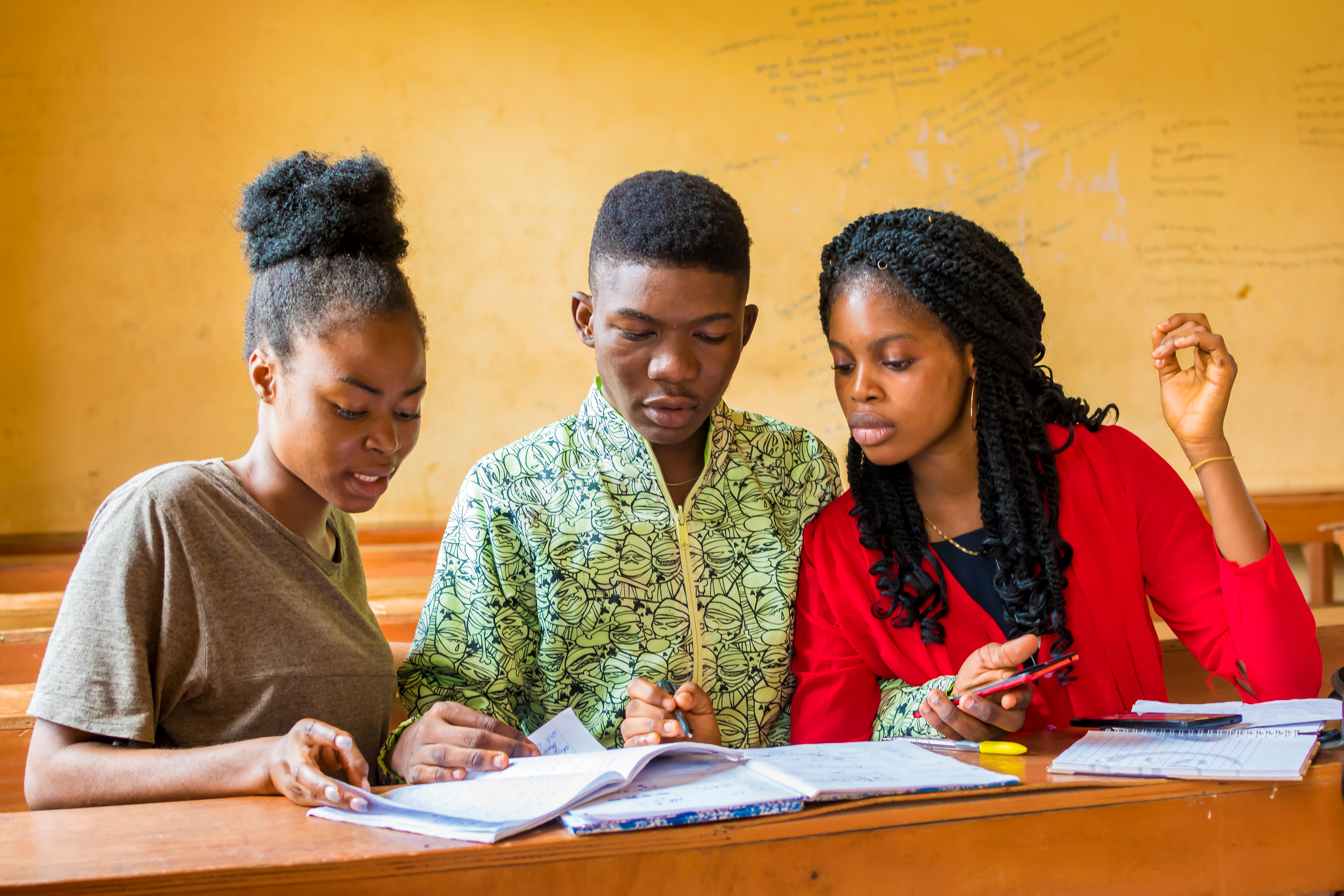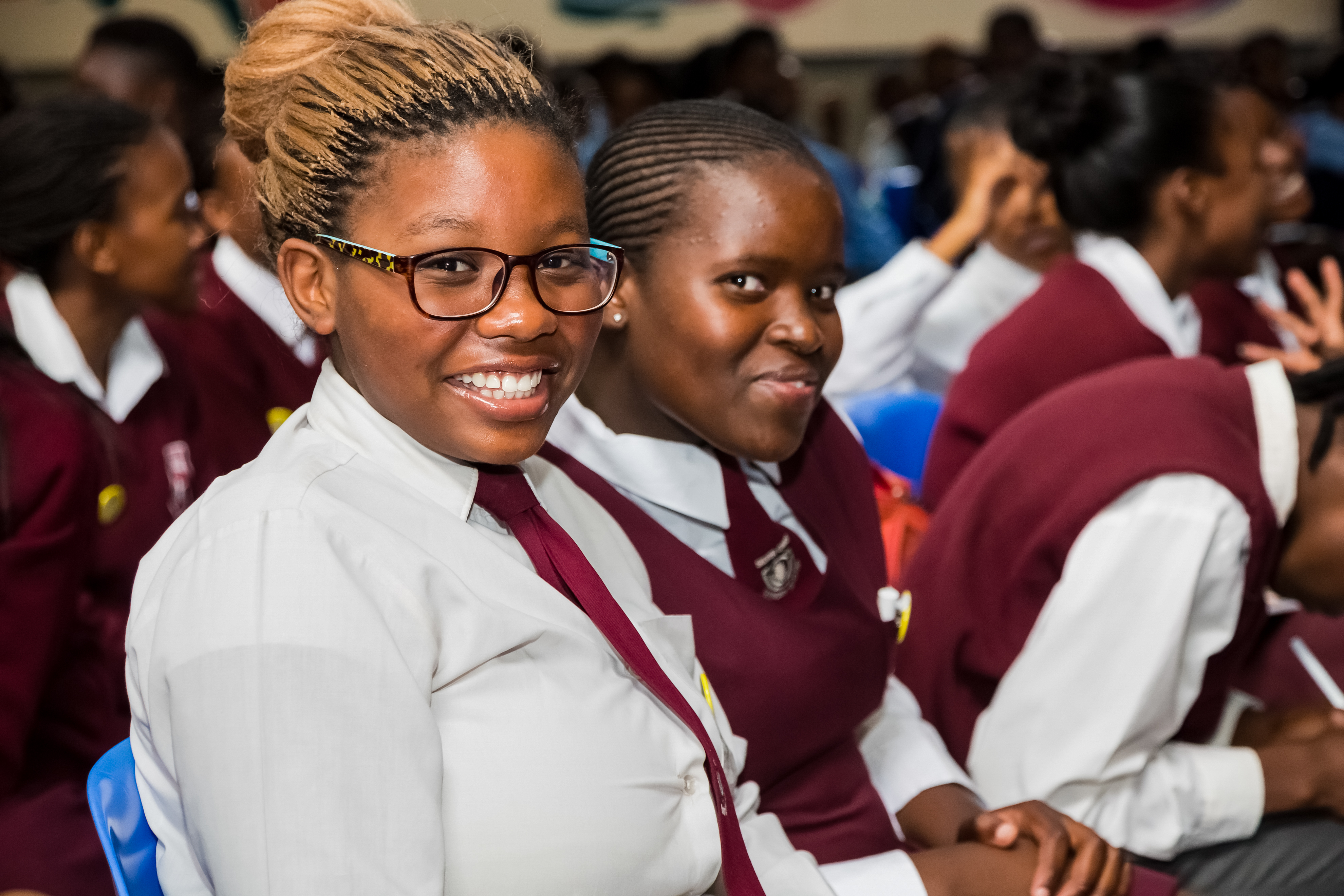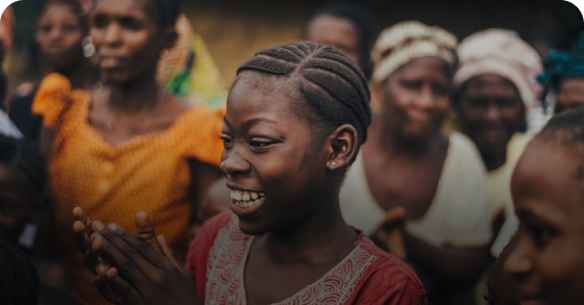Now is the time to effectively address the alarming numbers of adolescent girls and young women acquiring HIV and dying from AIDS-related illnesses, among other threats to their survival, well-being, human rights and freedoms.
The achievement of the Sustainable Development Goals hangs in the balance unless the scale and quality of investments in the empowerment of adolescent girls and young women and in gender equality are radically intensified. Millions of girls face enormous structural inequalities that have only been exacerbated during the COVID-19 pandemic and that threaten to roll back gains on their rights and gender equality.
But on its own, education is not enough to enable women and girls to surmount the high walls put up by gender discrimination and patriarchal systems. Education Plus seeks to leverage education systems as a strategic entry point to get adolescent girls the vital information and services they need to enable them to exercise agency and enjoy all fundamental freedoms.
We will: advocate for policy and legislative reforms that protect adolescent girls’ rights and lift the discriminatory gender-based barriers that are holding young women back; engage men and boys in challenging harmful gender norms, and as champions for gender equality; position and support young women’s leadership and voices in decision-making and grass-roots mobilization and to hold us accountable.

We are pulling together investments into multifaceted interventions that tackle underlying gender-related barriers and common risk factors to bring about better outcomes for adolescent girls and young women, and societies at large.
Embracing secondary education alongside holistic, multisectoral approaches is a win–win strategy—for women and girls, their communities and national development, for the return on investments by governments and other donors and for the performance of United Nations entities and other development partners in fulfilling their mandates.
In addition to ramping up political will from national governments, the initiative serves to encourage more development partners to rise to the challenge by transforming their own development cooperation policies and the quality and scale of their investments.
Driving human rights-based and gender-responsive approaches can in turn release human, political and financial capital to focus on other critical areas for achieving equitable, inclusive development.

Evidence from high-prevalence countries in Africa shows that keeping girls in secondary school reduces their risk of acquiring HIV by half
Multisectoral approaches is a win–win strategy—for women and girls, their communities and national development, for the return on investments by governments and other donors and for the performance of United Nations entities and other development partners in fulfilling their mandates.
In addition to ramping up political will from national governments, the initiative serves to encourage more development partners to rise to the challenge by transforming their own development cooperation policies and the quality and scale of their investments.
Driving human rights-based and gender-responsive approaches can in turn release human, political and financial capital to focus on other critical areas for achieving equitable, inclusive development.




